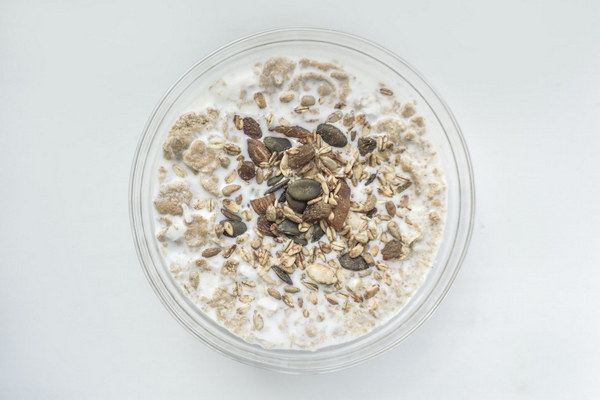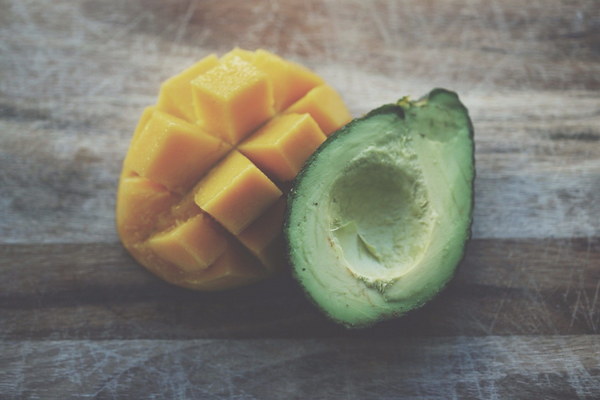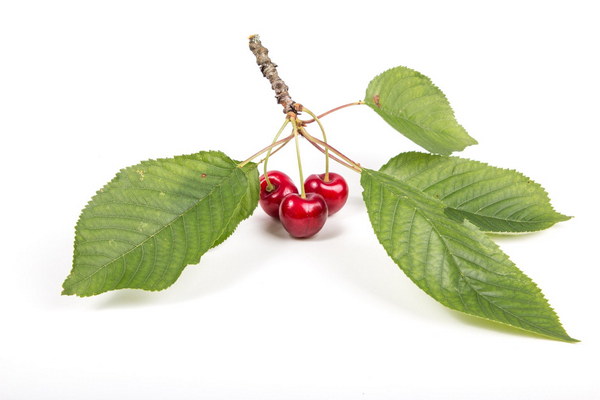Burning Heart Relief Discover the Power of Pantothenic Acid in Diet-Based Remedies
Burning Heart Relief: Discover the Power of Pantothenic Acid in Diet-Based Remedies
Heartburn, that uncomfortable, burning sensation in the chest, is a common symptom that many people experience. While over-the-counter medications can provide temporary relief, many are looking for more natural solutions. One such natural remedy gaining attention is the use of pantothenic acid, also known as vitamin B5, in dietary adjustments. Let's delve into how pantothenic acid can help alleviate burning heart symptoms and what dietary changes you can incorporate.
What is Pantothenic Acid?
Pantothenic acid is a water-soluble vitamin that is essential for various bodily functions. It plays a crucial role in the metabolism of carbohydrates, proteins, and fats, and is also involved in the synthesis of certain hormones and cholesterol. It's found in a variety of foods, including whole grains, legumes, eggs, meat, and dairy products.
How Does Pantothenic Acid Help with Heartburn?
The exact mechanism by which pantothenic acid helps alleviate heartburn is not entirely understood, but there are several theories:
1. Enhanced Digestion: Pantothenic acid may aid in the digestion process, which can help prevent the backflow of stomach acid into the esophagus, a common cause of heartburn.

2. Stress Reduction: There is some evidence to suggest that pantothenic acid may help reduce stress, which is known to exacerbate heartburn symptoms.
3. Antioxidant Properties: As an antioxidant, pantothenic acid may help protect the lining of the esophagus from the damaging effects of stomach acid.
Dietary Adjustments with Pantothenic Acid
Incorporating pantothenic acid-rich foods into your diet can be an effective way to manage heartburn symptoms. Here are some dietary suggestions:
1. Whole Grains: Foods like brown rice, whole wheat bread, and oatmeal are excellent sources of pantothenic acid. These can help regulate your digestive system and reduce heartburn.
2. Legumes: Beans, lentils, and chickpeas are not only rich in pantothenic acid but also provide fiber, which can help prevent acid reflux.
3. Eggs and Dairy: Eggs and dairy products, such as milk, cheese, and yogurt, are also good sources of pantothenic acid. However, if dairy triggers your heartburn, opt for lactose-free options.
4. Meat and Seafood: Lean meats, poultry, and fish are not only high in pantothenic acid but also provide protein, which is essential for overall health.
5. Vegetables and Fruits: While not as high in pantothenic acid, vegetables and fruits can help balance your diet and contribute to heartburn relief. Opt for fresh, whole produce over processed foods.
Additional Tips for Heartburn Relief
In addition to incorporating pantothenic acid-rich foods into your diet, consider the following tips to alleviate heartburn:
- Eat Smaller Meals: Larger meals can put more pressure on your stomach, leading to heartburn. Try eating smaller, more frequent meals throughout the day.
- Avoid Trigger Foods: Common heartburn triggers include spicy foods, citrus fruits, tomatoes, chocolate, caffeine, and alcohol. Keep a food diary to identify your triggers and avoid them.
- Maintain a Healthy Weight: Excess weight can increase the risk of heartburn. Losing weight, if necessary, can help reduce symptoms.
- Stay Hydrated: Drinking plenty of water can help keep your digestive system healthy and may aid in preventing heartburn.
- Avoid Lying Down After Meals: Give your stomach a few hours to digest before lying down to prevent acid reflux.
In conclusion, while pantothenic acid is not a magic bullet for heartburn, incorporating it into your diet can be a beneficial step towards managing symptoms. By making mindful dietary choices and adopting healthy habits, you can reduce the frequency and severity of heartburn episodes. Always consult with a healthcare professional before making significant changes to your diet or treatment plan.









